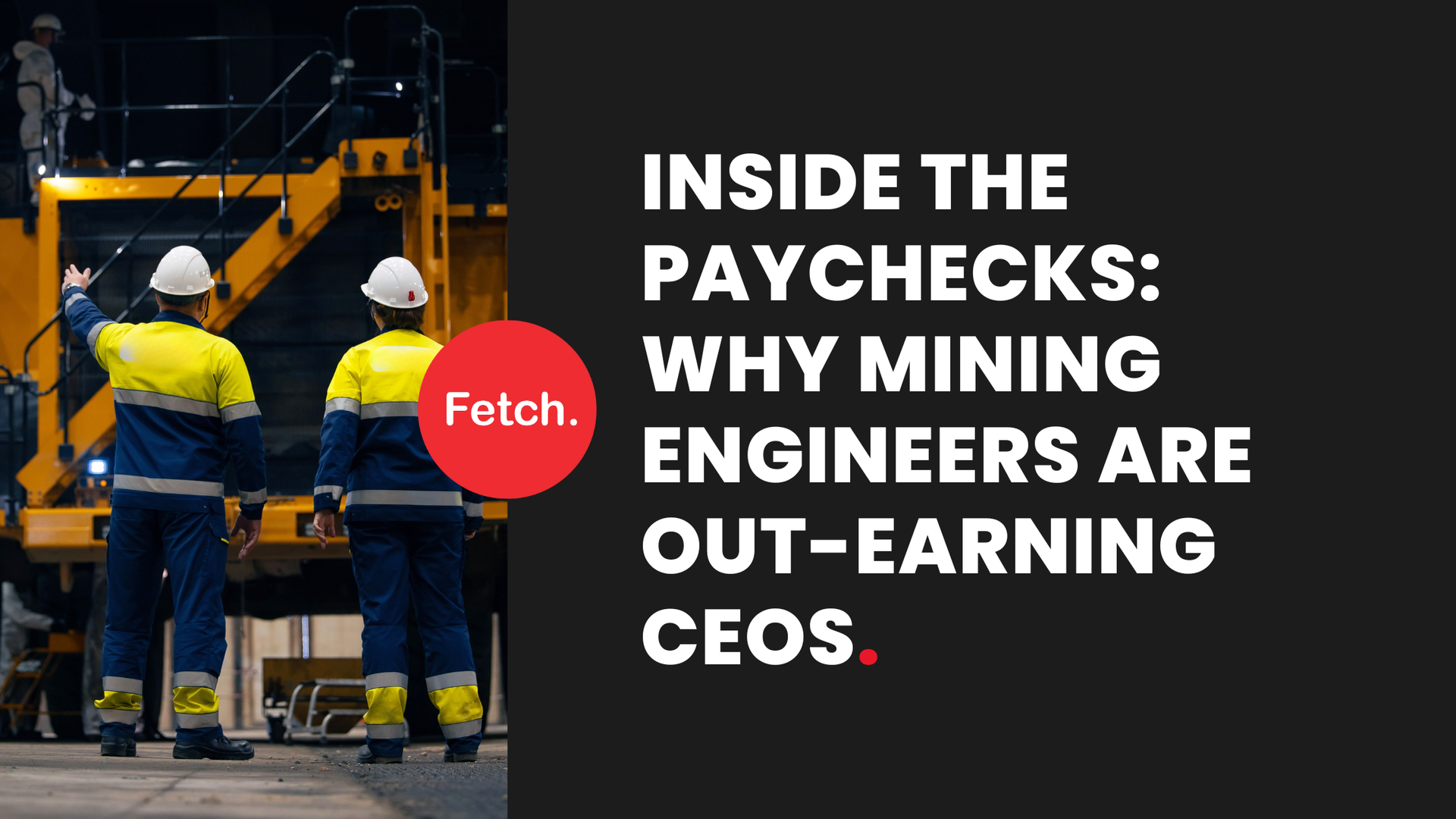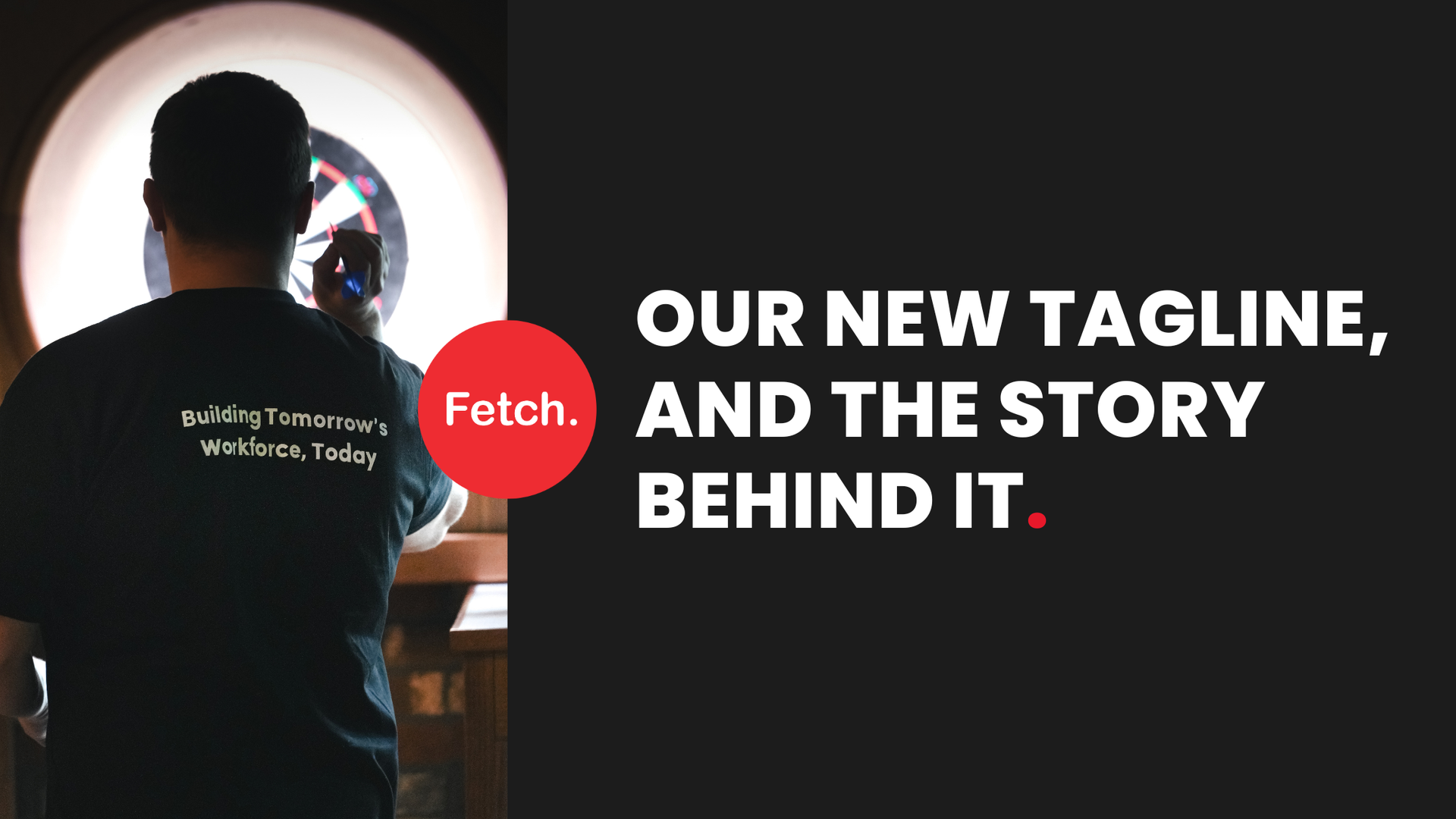
Share This Article
In a surprising twist, engineers are out-earning executives and it’s the mining sector leading the charge. According to the Australian Tax Office’s latest figures, mining engineers now rank seventh among Australia’s highest-paid professions, earning an average taxable income of $206,423. That’s $15 more than legal professionals and well above the average CEO or managing director, who earns $194,987. Petroleum engineers sit even higher at $219,838.
For those of us working closely with Australia’s mining and resources industry, this pay surge tells a bigger story – one about skill shortages, technical excellence, and a sector that continues to reward expertise at every level. At Fetch Recruitment, we see this first-hand every day, partnering with mining companies across the country to connect skilled professionals with projects that power Australia’s economy.
Skills in Short Supply, Demand at an All-Time High
The mining industry is booming again, and qualified talent is harder to find than ever. From HD Fitters and Drill Operators to Mining Engineers and Project Managers, demand for skilled workers is far outstripping supply. After years of industry cycles and retirements, Australia faces a shrinking pool of experienced professionals. Employers are responding with higher base salaries, retention bonuses, and flexible rosters to secure the people they need.
Our Mining team at Fetch works closely with WA’s leading mining companies, helping them fill essential roles across FIFO operations and site-based maintenance. The message from the market is clear: great talent doesn’t stay on the market for long.
Remote Conditions, Real Rewards
Mining engineers aren’t earning six-figure salaries for nothing. Many roles involve long rosters, remote living, and extreme conditions – whether that’s the heat of the Pilbara or the depth of an underground site in Kalgoorlie. These environments demand resilience, technical precision, and leadership. Compensation reflects that. FIFO allowances, housing, travel, and site bonuses all add to the appeal and ensure these professionals are paid accordingly for the sacrifices they make.
High Stakes and High Responsibility
The scale of responsibility in mining is enormous. Engineers, maintenance leads, and supervisors make decisions that directly impact production, safety, and environmental outcomes, often worth millions of dollars in daily output. That level of influence doesn’t just deserve recognition; it demands it. Employers are investing heavily in top technical talent who can deliver operational excellence and long-term reliability.
At Fetch, we work with leaders who understand that people are their most valuable asset and who are willing to reward that accordingly.
Commodity Confidence and Career Opportunity
With iron ore, lithium, and gold prices holding strong, investment across exploration and expansion is fuelling new projects throughout Western Australia. This has opened doors for professionals at every stage, from Diesel Mechanics and Maintenance Planners to Mine Engineers and Site Managers. For those with experience, the career progression and earning potential have never been better. As the sector continues to grow, skilled candidates are finding not just jobs but long-term, high-value career paths.
The Industry Is Evolving – And So Are the Roles
While salaries are strong, the mining sector is also facing change. Gender representation remains a focus point, with female mining engineers earning an average of $162,223 compared to $208,946 for men. At the same time, technology is transforming the workforce. Automation, decarbonisation, and renewable integration are reshaping operations, creating demand for professionals who understand both traditional mining and emerging digital systems, sustainability frameworks, and data-driven decision-making. These evolving skills are driving a new generation of mining careers that blend engineering, innovation, and environmental responsibility.
Final Thoughts
Mining engineers might be out-earning CEOs, but these salaries are more than numbers on a payslip. They reflect expertise, accountability, and the essential role mining professionals play in building Australia’s future. At Fetch Recruitment, our WA-based Mining team is proud to support the growth of this vital industry, connecting skilled tradespeople, engineers, and leaders with employers who recognise their worth. Because in mining, it’s not just about what you extract – it’s about the people who make it happen.


